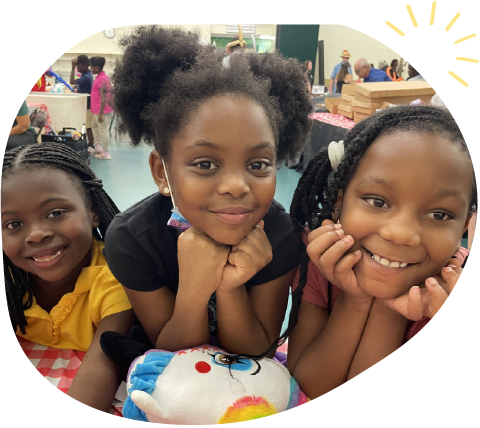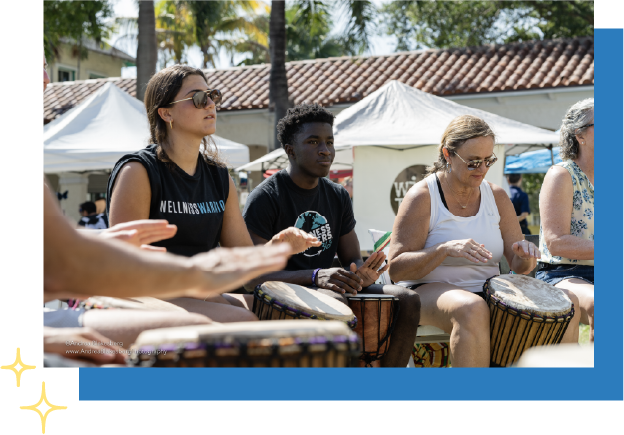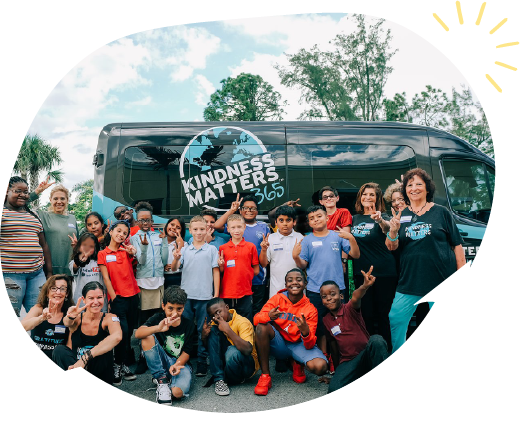Empowering youth, schools, and communities to lead with compassion.

Kindness Matters is a nonprofit that teaches people how to practice kindness toward themselves, others, and the world.
Kindness Matters was founded on the belief that kindness can transform lives and strengthen communities. What began as a small grassroots program has grown into a nonprofit that reaches people of all ages. Through clubs, educator training, workplace workshops, and service opportunities, we help individuals develop emotional resilience, compassion, and a deeper sense of connection.
About Us
We offer clubs, school programs, trainings, and community events that inspire compassion, emotional growth, and service. Together, we create a ripple effect that strengthens families, schools, and communities everywhere.
ProgramsBring kindness to your school through youth-centered clubs, educator training, assemblies, and service opportunities that build connection.
Our volunteer network empowers people of all ages to engage through service, mentorship, and events.
Workshops designed to build empathy, reduce stress, and foster a compassionate team culture.
Empowering a new generation across the world to build a brighter future through simple acts of kindness.
Charities Supported
Paricipants
Donated Goods to Disaster Relief
Hours Volunteers to the Community
It is because of your generosity that we are able to continue growing and inspiring kindness around the world. The Kindness Matters family honors and appreciates you!


Join us in building a future rooted in empathy and emotional strength. Your support brings vital programs to youth, schools, and communities around the world.